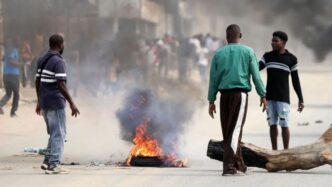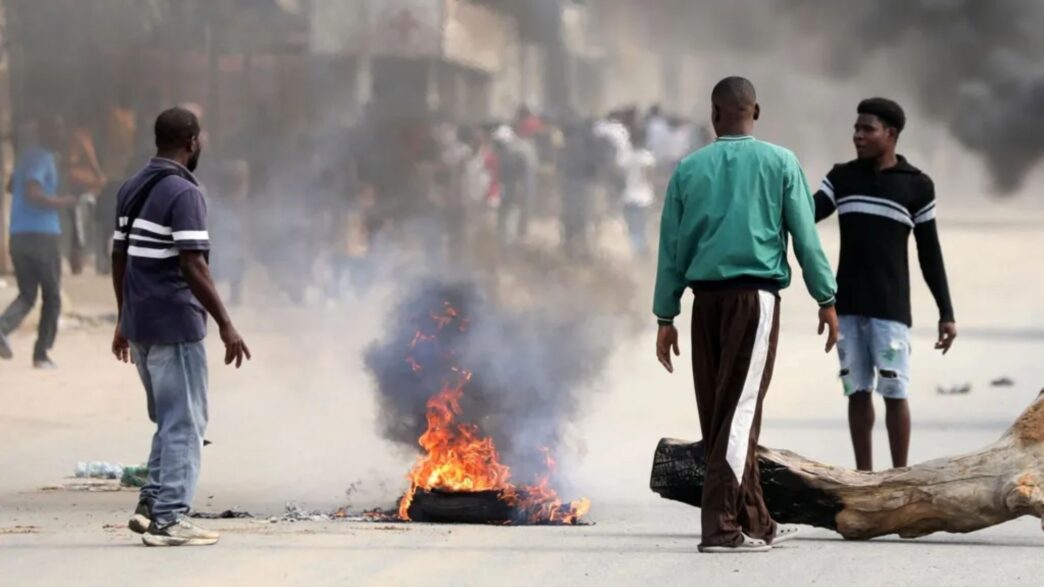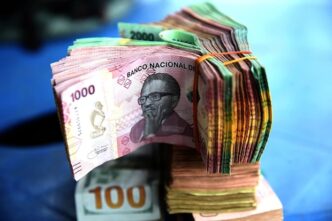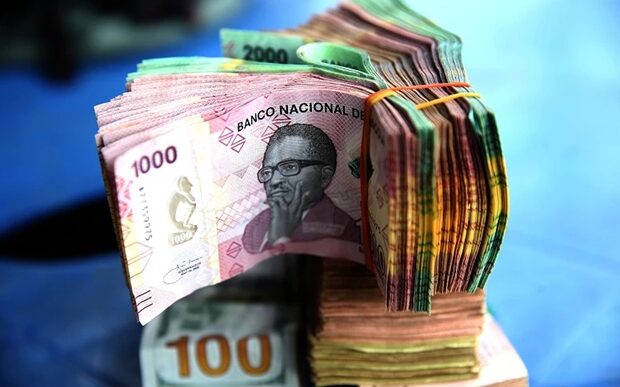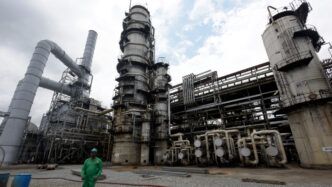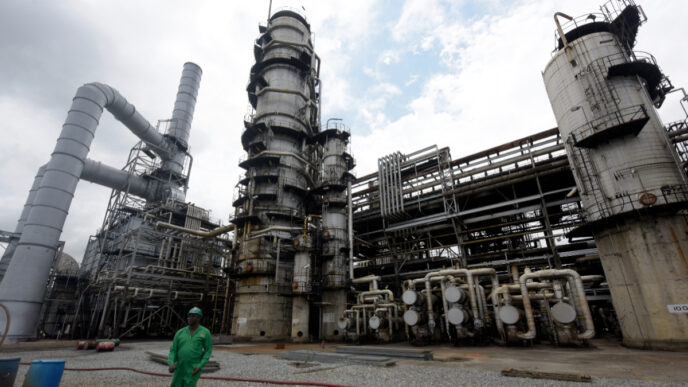Angolan civil society organisations have urged the government to provide compensation to victims of violent crackdowns during July’s riots, which left nearly two dozen people dead and around 200 injured.
The protests, which occurred from July 28 to 30, erupted alongside a taxi strike protesting fuel price increases in the oil-rich southern African nation.
A report published on Thursday by three civic groups — Mudei, Handeka, and Mizangala Tu Yenu Kupolo highlighted individual cases, including a 14-year-old boy reportedly shot by police while buying bread and an 18-year-old girl struck by a stray bullet. The report cited official interior ministry figures of 22 fatalities, though police had initially reported 30 deaths, including that of an officer. Nearly 1,200 people were also arrested during the unrest.
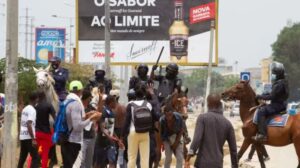
The organisations described the government’s response as “a brutal demonstration that the State continues to treat its citizens as enemies” and demanded independent inquiries into the killings and injuries, as well as the prosecution of security personnel involved in abuses.
They also called for “full reparations” for victims and their families, describing the unrest as a reflection of deep social discontent in a country where roughly one-third of the population lives below the international poverty line.
The protests followed a reduction in fuel subsidies earlier this year, a move prompted by pressure from the International Monetary Fund and the World Bank. In September, several leading civic groups, including Mudei and Handeka, appealed to UN Secretary-General António Guterres to send a fact-finding mission to investigate the deadly crackdown.
Authorities have since provided limited information about the events or subsequent measures, although some of those arrested have reportedly been released on bail.


 Trending
Trending 
